A group of students majoring in Multimedia Communications at Ho Chi Minh City University of Management and Technology (UMT) transformed into "media nutritionists" to diagnose and advise in a creative academic activity in the news assessment subject at Thanh Nien Newspaper.
Students creatively turned their journey of learning about fake news and misinformation into an “Information Detox” workshop to simulate media disorders in the form of news poisoning cases.
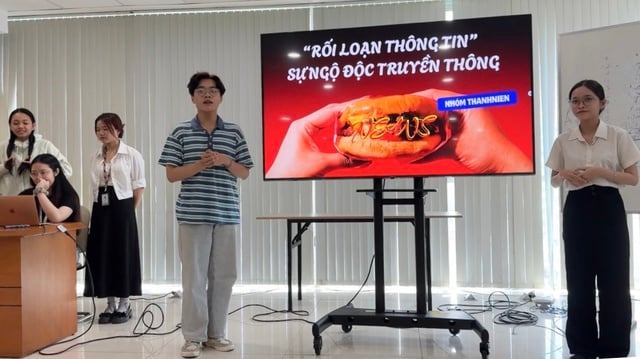
Student group conducts workshop "Information Detoxification"
Photo: Tuyet Lan
In this special lesson, forms of misinformation such as false context, misleading content, fabricated content, etc. were compared to "toxic media food" that can easily poison public awareness. For example, miscontextualized news related to Typhoon Yagi was analyzed by students as an "information pathogen" that can threaten trust in mainstream journalism and spread panic in society. From there, "media nutritionists" proactively diagnosed and provided specific advice: from verifying sources, comparing with reliable channels, to conveying the most accurate and objective information.
Lam Nguyet Yen Nhi, one of the students who presented the idea, shared: “Information is like food. What we receive will shape our way of life, emotions and decisions. Therefore, we understand that verifying information plays an extremely important role in detecting false information and 'treating and preventing' these news pathogens."
Nguyen Do Ha My, a student who also participated in the course, expressed her opinion: “In the era of social media explosion, news assessment is an important skill to protect yourself from fake news and misinformation. For me, this helps avoid being led astray by sensational, misleading or negative content. At the same time, it demonstrates responsibility when sharing information, avoiding aiding the spread of falsehoods. In an environment where anyone can report news, verifying sources, being skeptical and thinking independently are indispensable factors to become a sober social media user.”
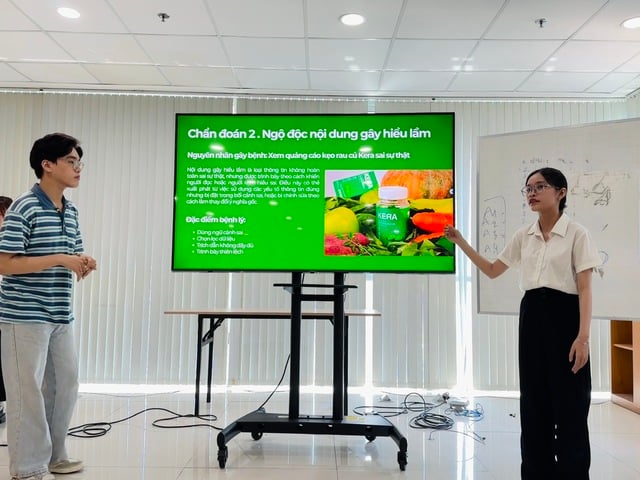
Students see information disorder as a form of poisoning.
Photo: Tuyet Lan
As the lecturer in charge of the course, journalist Ngoc Mai (Deputy Head of the International Department of Thanh Nien Newspaper), highly appreciated the students' approach. Journalist Ngoc Mai commented: “Fake or misleading news often tends to go viral for many reasons, including hitting people's psychology as well as thanks to the catalyst of the rapid spread mechanism of social networks. It is undeniable that they are attractive, especially to young people. To identify them, clear awareness and essential skills are needed. But to overcome them, perhaps more attractive things will be an effective solution. The students chose a creative approach, considering them as food, which helps to illuminate and peel off each part more closely, while creating an interesting and valuable feeling.”
The students were all very interested and emphasized that approaching the problem in a creative and close way helps them not only absorb knowledge more deeply but also form the habit of actively verifying. From there, they can be more confident in selecting, processing and spreading correct information, contributing to building a healthy and trustworthy media environment.
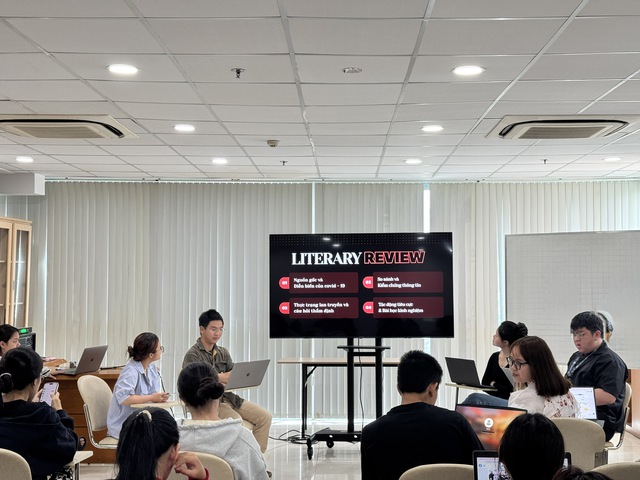
A group of students hold a simulation meeting in a news assessment course.
Photo: Tuyet Lan
This is the first generation of UMT students to have the opportunity to study and practice right at the Thanh Nien Newspaper office in the news assessment course. Under the guidance of experienced journalists, students are not only exposed to a professional journalism environment but also practice skills in verifying information, handling false news and practicing standard journalism.
Source: https://thanhnien.vn/cach-gen-z-giai-doc-thong-tin-trong-cuoc-chien-tin-gia-18525060911160108.htm








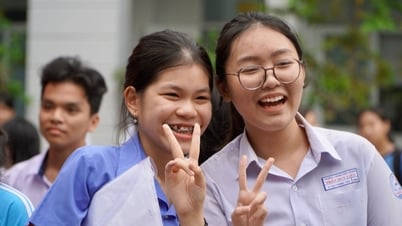

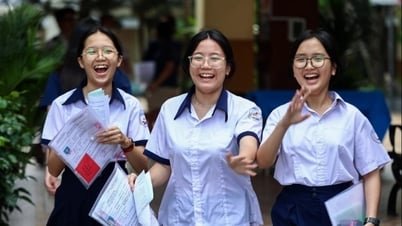

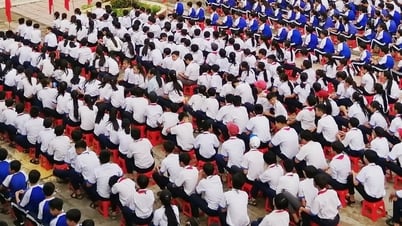
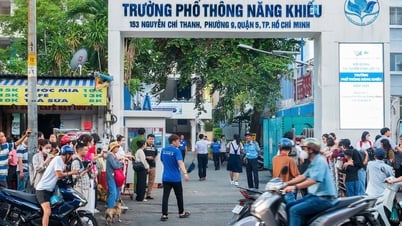
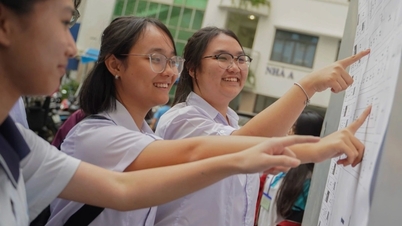
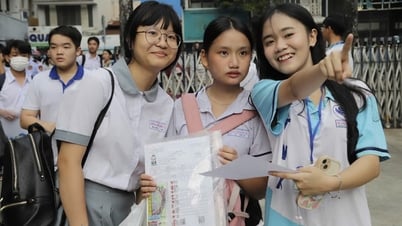






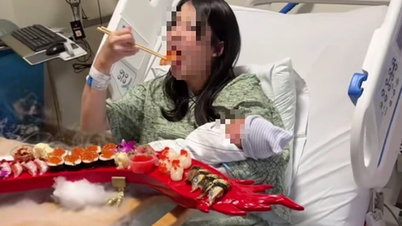
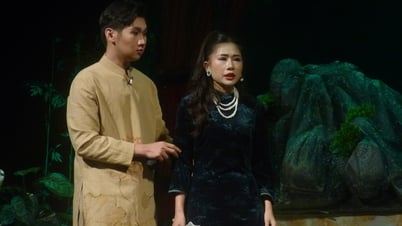

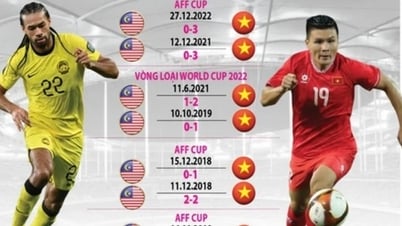


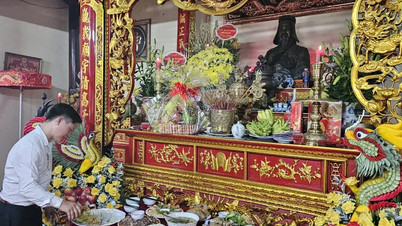







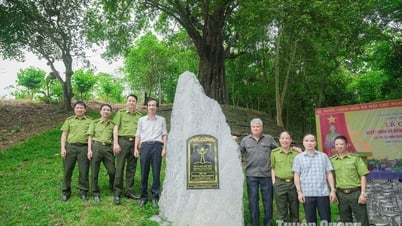


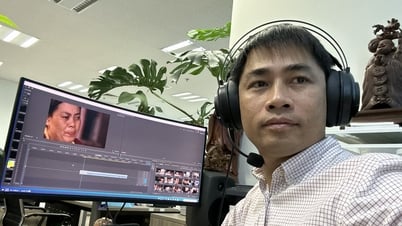

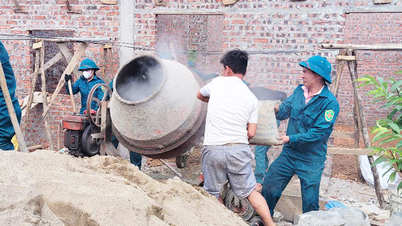

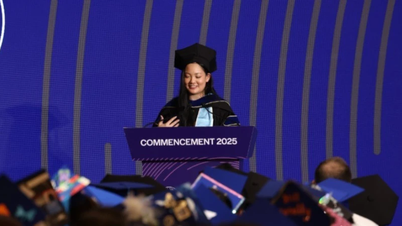


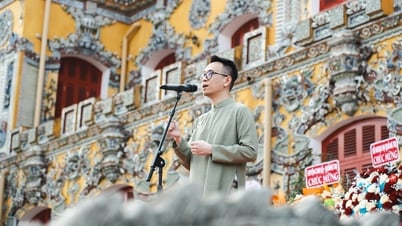






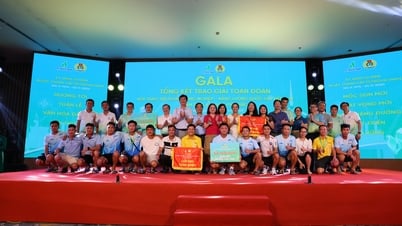


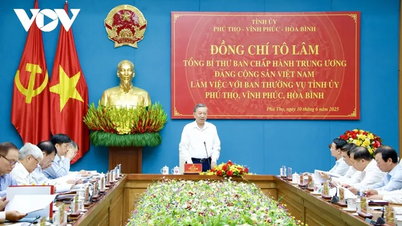




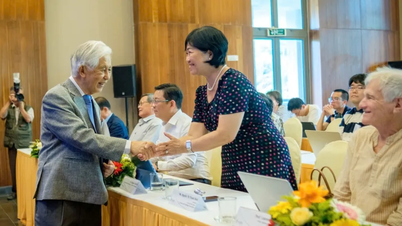
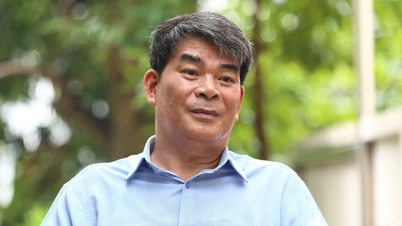
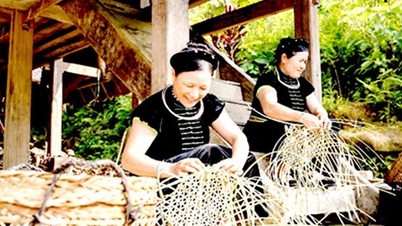



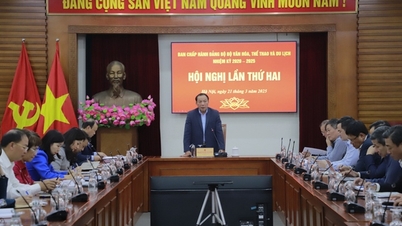
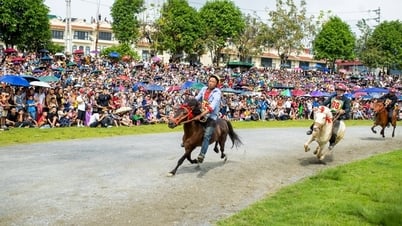

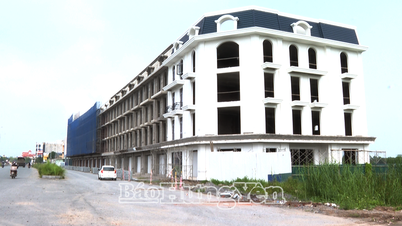

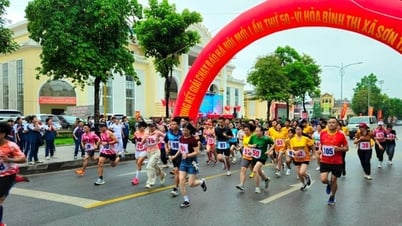

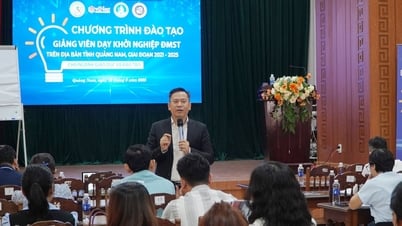



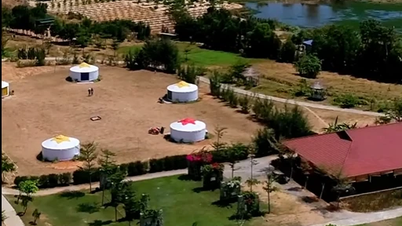
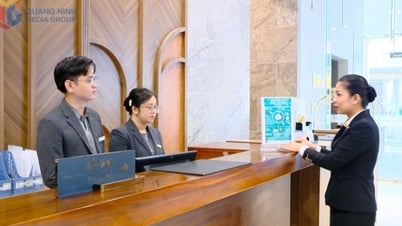

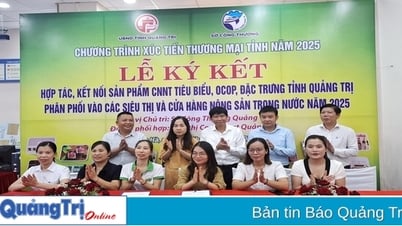

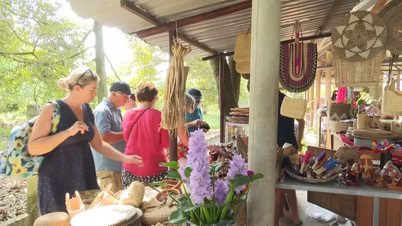

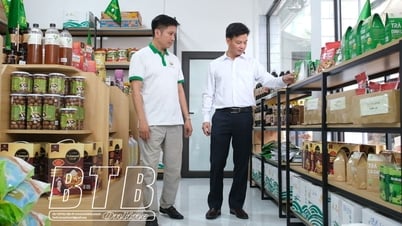

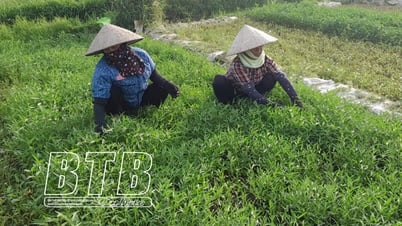
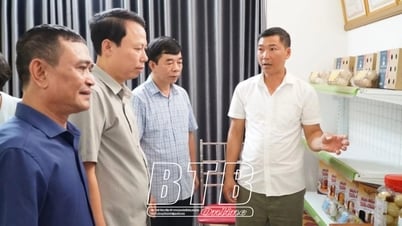
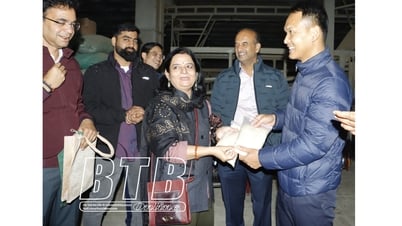

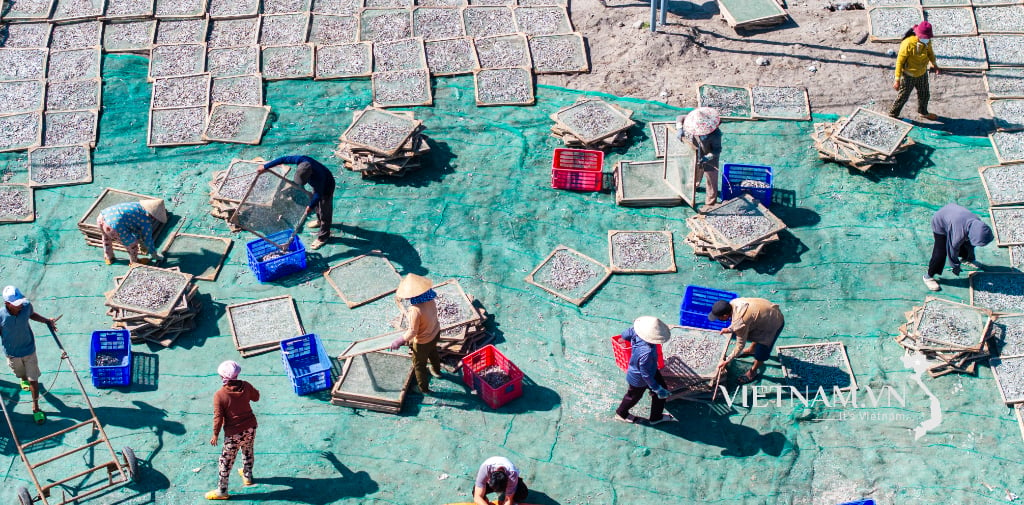


Comment (0)